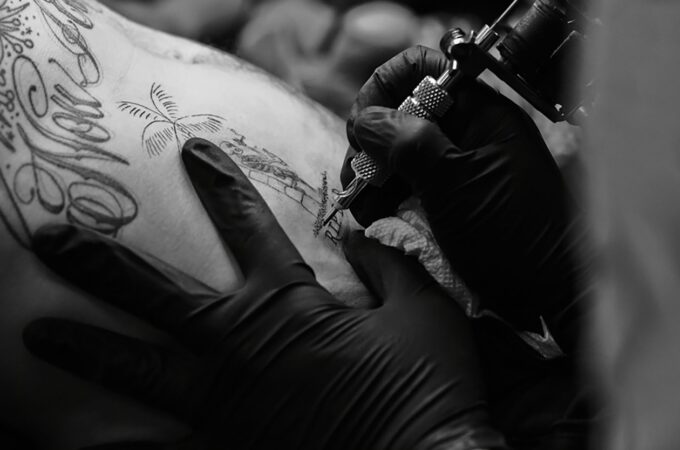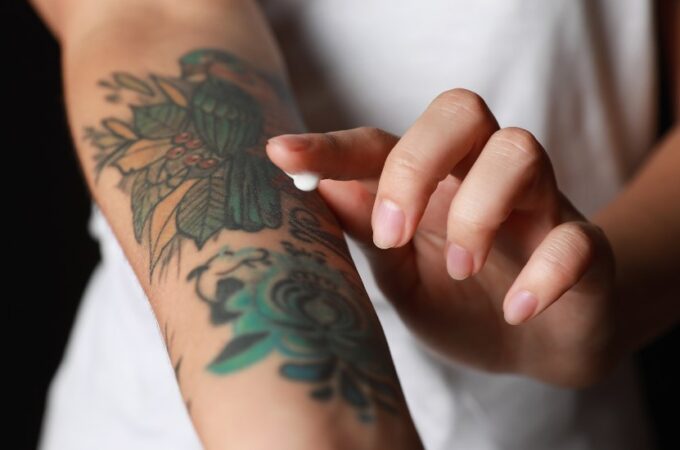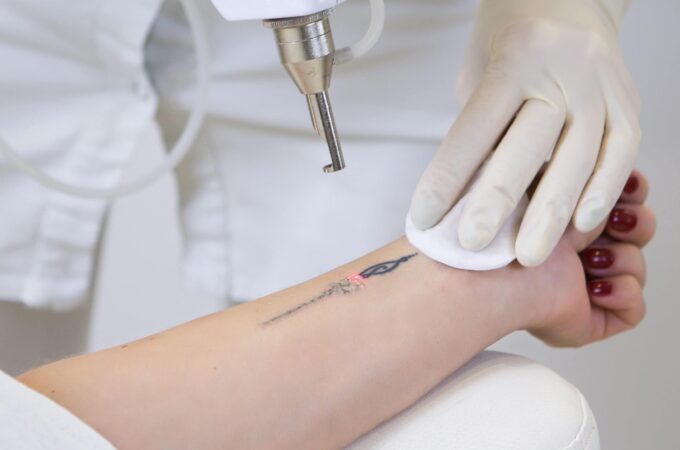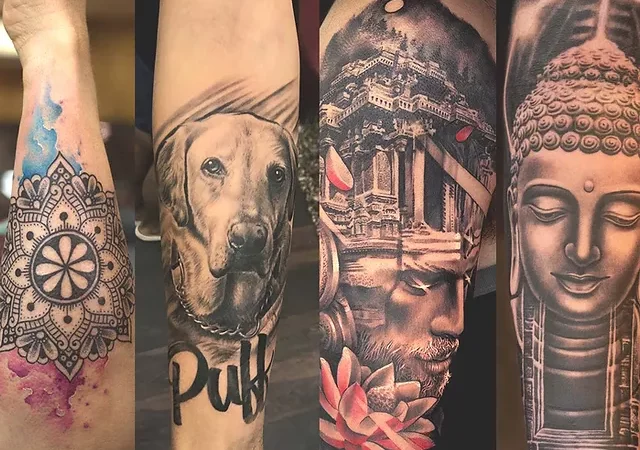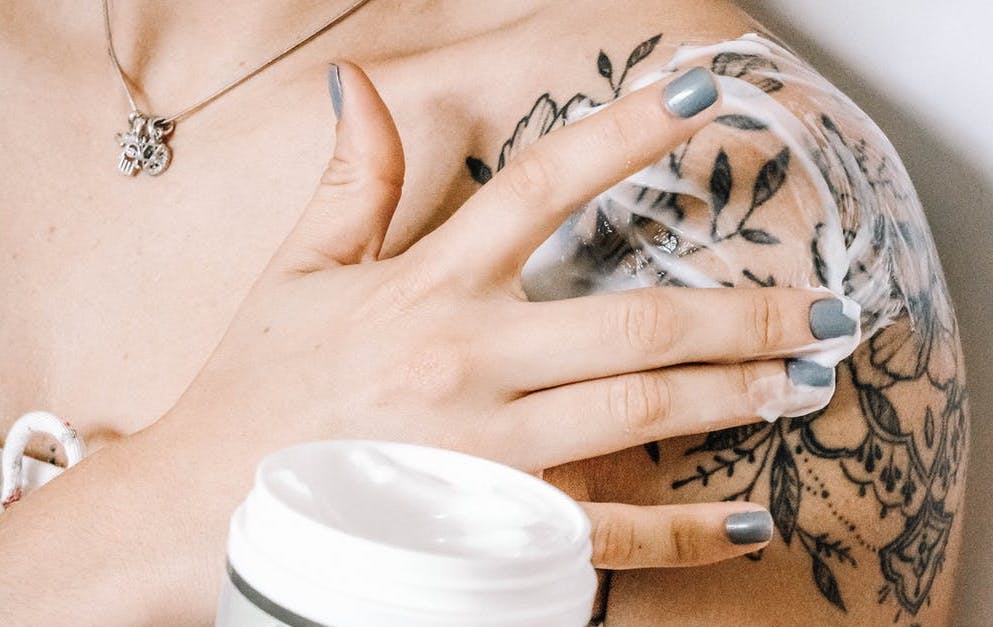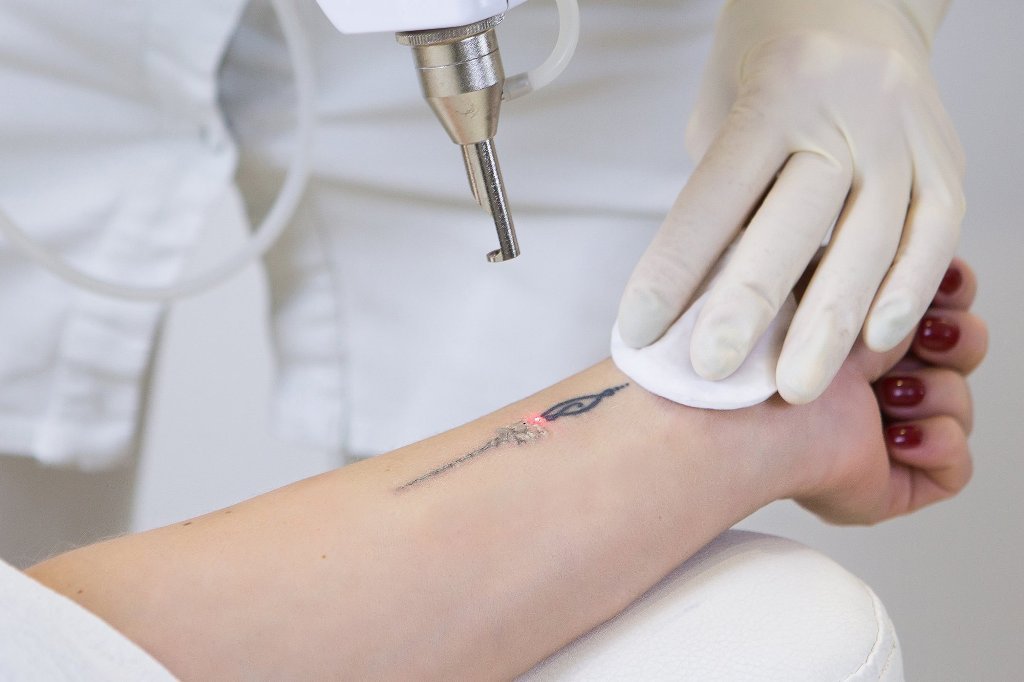
Why Sunshine & Laser Tattoo Removal Don’t Mix
When the weather is warm, it’s difficult to spend too much time indoors and your social calendar quickly fills up with engagements, many of which will require you to be out in the sun. But what if you are in the process of having a tattoo removed?
The Impact of Sun Exposure on Tattoos

Overall, the sun has the ability to fade your tattoo over time if you don’t protect it with sunscreen, with the lighter colours being the most susceptible to fading. When you expose a tattoo to the sun, the ink particles are gradually broken apart as a part of an internal cellular process.
If you are in the process of having a tattoo removed, sunscreen application becomes even more important. If you burn the area that is being treated, you won’t be able to undergo any more sessions until the damage has subsided. Burning the treated area can also lead to complications that could affect both your health and your results.
When your skin is tanned or sunburnt, the laser will be more attracted to the melanin in your skin than the ink in your tattoo. And then there is always the increased risk of cancer when you expose your sensitive skin to the harmful rays of the sun. Sunscreen is a must! Always!
Sunscreen Do’s and Don’ts for Laser Tattoo Removal Patients

As a patient of a laser tattoo removal clinic, here are a few sunscreen do’s and don’ts to adhere to.
Do’s
- Choose a high-quality tattoo sunscreen that has an SPF of at least 30
- Try not to be outside during the harsh midday heat
- Opt for a sunscreen that contains zinc oxide
- Always apply sunscreen to a tattoo that is being removed with laser
Don’ts
- Rather stay away from sunscreens that contain vitamin A or Retinyl Plamitate as some research shows that these ingredients can damage your skin in the sun
- Sunscreens that contain Oxybenzone can cause an allergic reaction, especially if your skin is already sensitive and needs time to heal
Tattoo Removal Sun Protection Protocol

Ideally, you should avoid sun exposure two weeks before and two weeks after your laser removal session.
For the time in between your treatments, use a sunscreen every single time that you leave the house and make sure that it has an SPF of at least 30. Artificial tanning solutions should also be avoided.
Taking the time to carefully choose the right sunscreen will go a long way in protecting your skin and ensuring it can heal. Make a point of reading the label of your sunscreen to make sure that you are only using premium ingredients and are avoiding harsh chemicals that could further irritate your skin.
If you aren’t sure which sunscreen to choose, speak to your laser tattoo removal technicians about suggestions. There is a good chance that your laser skin clinic already stocks a range of products that are specifically designed to protect laser-treated skin.
